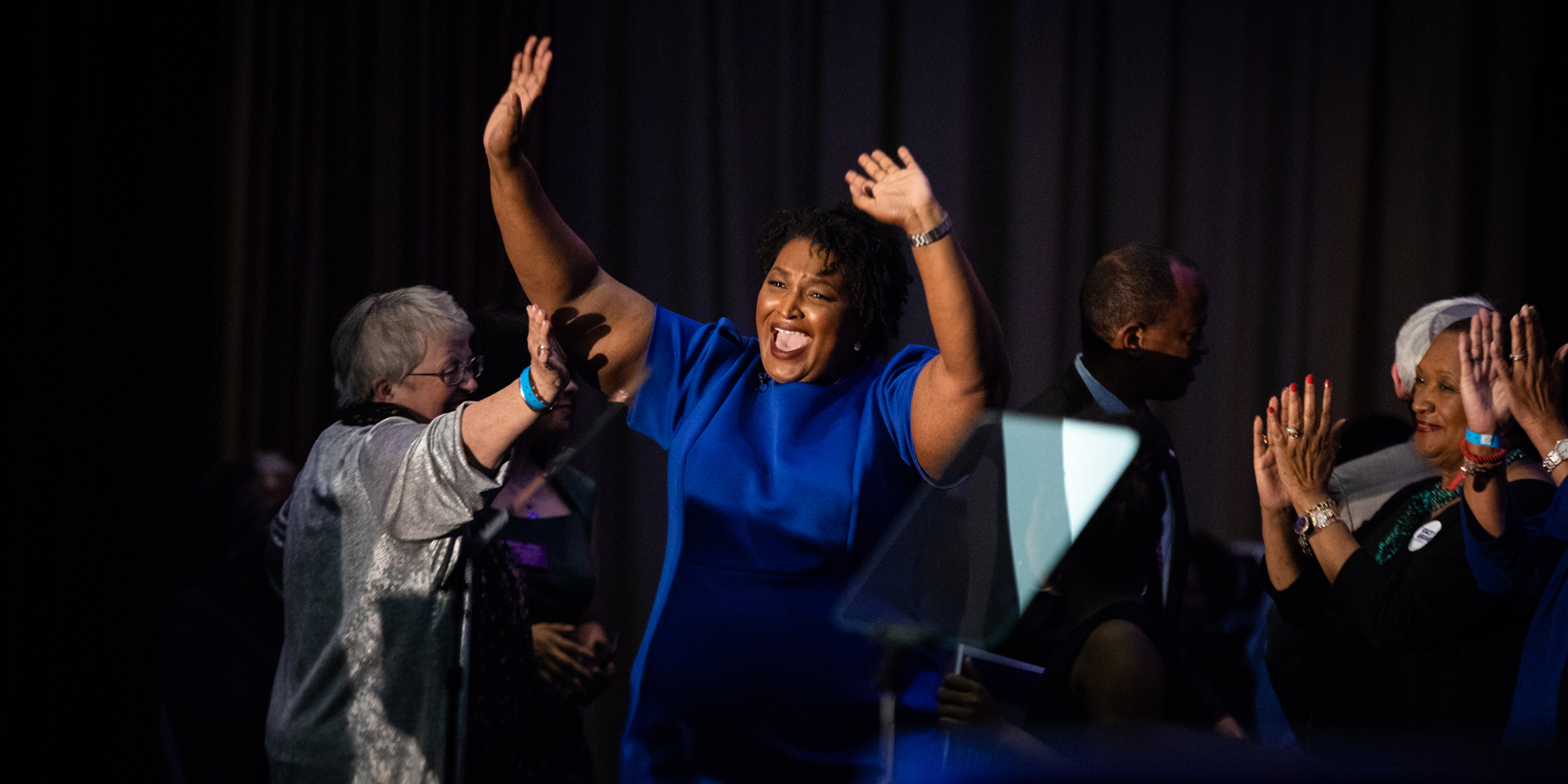Former Vice President Joe Biden endorsed Stacey Abrams Wednesday in her bid to become Georgia’s first Democratic governor in 15 years and the nation’s first-ever black female state executive.
The former vice president hailed Abrams in a statement to The Associated Press for her “track record of building consensus across party lines” while still advancing Democratic priorities like Medicaid expansion and public education. In an interview with the AP, Abrams said Biden’s backing “continues to reflect the broad and diverse coalition that I’m attempting to build” in a GOP-dominated state.
Biden joined other potential 2020 presidential candidates including Sens. Bernie Sanders of Vermont, Cory Booker of New Jersey and Kamala Harris of California in backing Abrams.
Though Abrams, a former state House floor leader, has been buoyed by high-profile supporters and campaign contributions from liberals across the country, she’s still expected to be a decided underdog this fall. She’s awaiting the results of a July 24 runoff between Republican Lt. Gov. Casey Cagle and Secretary of State Brian Kemp to learn who she’ll face in the general election. No Democratic candidate for governor, U.S. Senate or president has prevailed in Georgia since 1998.
Abrams and Biden might seem like unlikely political partners. But the 44-year-old Atlanta attorney and the 75-year-old former vice president are forming a campaign alliance that could make perfect sense for both politicians and a Democratic Party that’s still looking for the right counter arguments in era of President Donald Trump.









